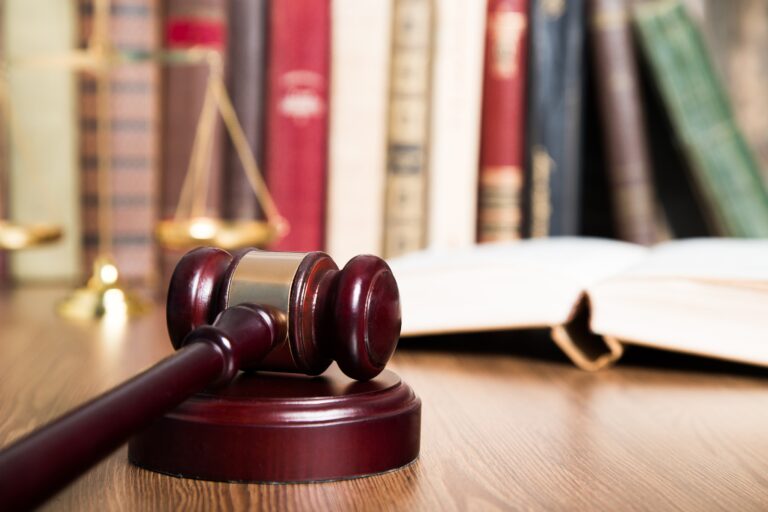
When a couple in Massachusetts no longer wants to be married, they will often get divorced. One of the requirements of a divorce is that the couple determines what to do with all of their personal belongings that they have acquired together throughout the course of their marriage. The process by which assets are divided in a divorce is known as equitable distribution. The important thing to note about equitable distribution is that it does not mean that the assets and liabilities will be divided equally. They will, however, be divided in a fair and just manner.
The court will consider many factors regarding the couple and their marriage when trying to determine the way assets should be divided. Some of these factors include the following:
- The length of the marriage
- The age and health of each party
- The standard of living of each party prior to the divorce
- The income of each party
- The earning capacity of each party
- The tax consequences of dividing the assets and debts
- The amount each party contributed to assets and liabilities
- The individual financial situation of each party
That being said, it is important to note that there are some assets that were acquired during the marriage that will not be divided, such as inheritance. If you have questions about the equitable distribution process, contact us today.
If you require compassionate and knowledgeable legal guidance for a matter of divorce, family or estate law, please contact the experienced attorneys at the Law Offices of Cynthia L. Hanley today.


